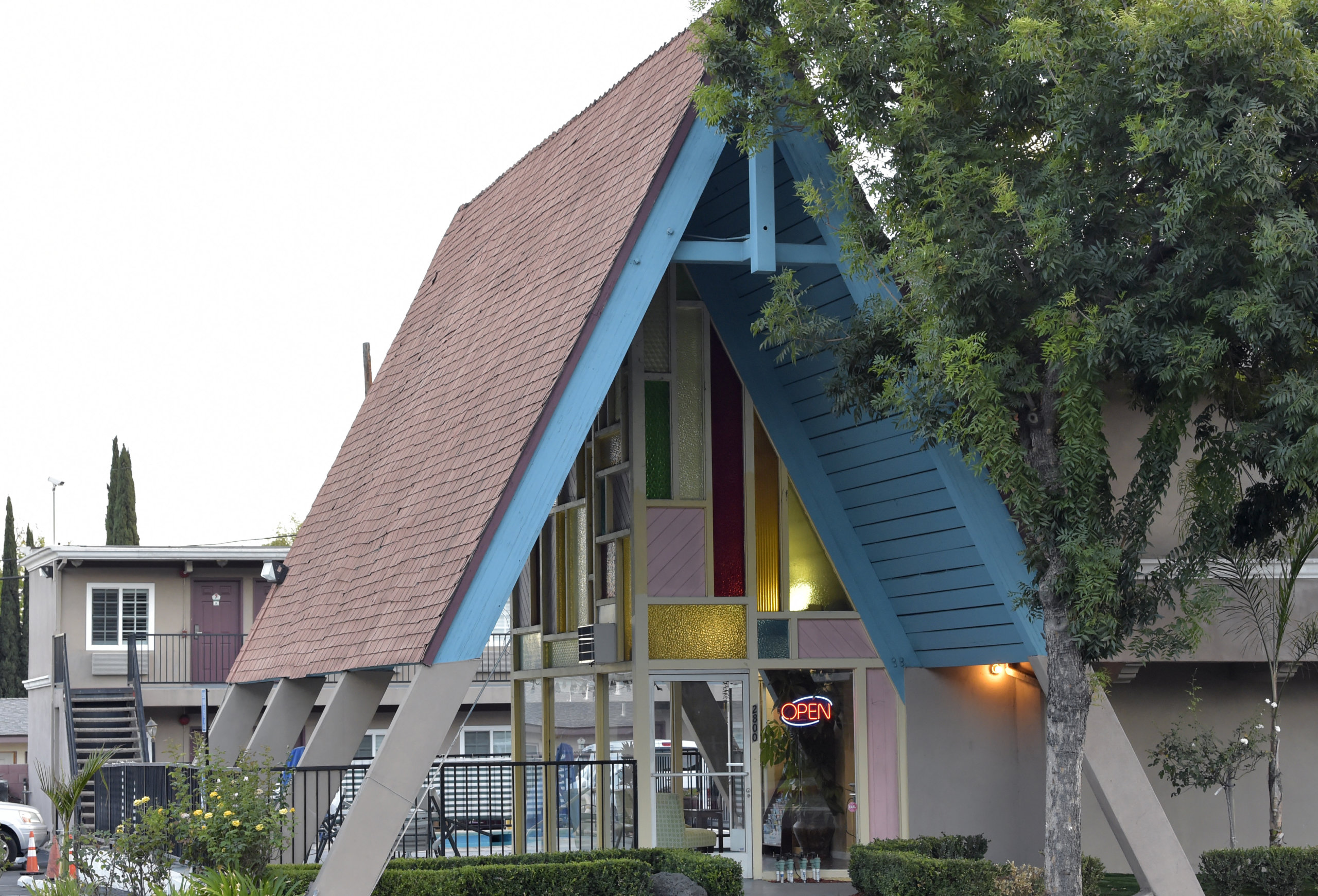
Potential conversions to be reviewed on case-by-case basis
By Gus Herrera
The City of Pasadena has added a new weapon to their arsenal that will bolster the fight to end homelessness – at their latest meeting, the City Council approved amendments to the zoning code that will allow for the conversion of hotels/motels to affordable housing.
The idea, which has been employed by various California cities (including Los Angeles, Anaheim, and San Jose), has been in Pasadena’s pipeline for some months now – the planning commission workshopped the item at four separate meetings, until finally recommending the matter for council approval on Sept. 12.
City staff then made some changes to the commission’s recommendation, which originally proposed a two-tiered review process where some conversions would be allowed to undergo ministerial review (if certain thresholds were met), while others would require full discretionary review. Although this version would have allowed for some time-saving, city staff felt that a ministerial review process did not provide for sufficient public input. Thus, staff proposed a fully-discretionary process, where each potential conversion is reviewed on a case-by-case basis.
The move should, theoretically, kill two birds with one stone, as future conversions will provide the city with much-needed affordable housing units, while at the same time cleaning up hotels/motels which have been long-described as “derelict” and “nuisance sites.”
According to staff’s report, conversions will require a new entitlement called a Hotel Conversion Permit. In order to assure the success of any potential conversions, as well as hopefully improve the site in question, applicants will be required to submit a management plan, in addition to implementing several performance standards. Requirements include: on-site supportive services; 24-hour on-site property management and security monitoring; on-site community space and laundry amenities; and dedicated on-site offices for case workers and management staff.
In order to be eligible for conversion, hotels/motels must have fewer than 80 rooms and 100 percent of the proposed units must be rented at affordable rates. The housing units must “consist of either supportive housing, transitional housing, single-room occupancy, multi-family housing, or a combination thereof,” per staff’s report.
The design, location, operating characteristics, and size of the proposed site must also “be compatible with the existing land uses in the vicinity in terms of aesthetic values, character, scale, and view protection.”
The review process will be identical to that of a conditional use permit and the primary reviewing authority will be a hearing officer.
In order to incentivize future conversions, applicants will be exempt from various land use restrictions, development standards, and fees.
The only thing that prevented this move from achieving unanimous approval from the council was the fact that many of the eligible hotels/motels reside within the same East Pasadena district: Councilmember Gene Masuda’s District 4.
“My concern is the [number] of motels that there are in East Pasadena,” said Masuda, “I’m not going to support this unless I get some assurance that we won’t have too many in East Pasadena in the Fourth District.”
The former vice-mayor made it clear that he does indeed support the idea of creating more affordable housing, but several of his constituents have voiced concern towards the possible over-concentration of converted sites within their district. Of the 17 hotels/motels eligible for conversion, nine are in District 4, many on the same street (Colorado Boulevard), within a few blocks of each other.
Masuda asked council to consider a limit on the number of conversions within a single district, similar to the approach taken for marijuana dispensaries, or “some sort of rule that would make [District 4] residents feel secure.”
Mayor Terry Tornek (who expressed his desire for the approval to be unanimous) and Councilmember Andy Wilson proposed that the matter be reviewed after three building permits have been issued, but Masuda did not budge, “I appreciate that, but I’m still going to vote no,” he said.
In the end, the item was approved with the District 4 representative as the only dissenting vote (Councilmembers Victor Gordo and Steve Madison were absent from the meeting). The final version did include the provision to be reviewed after three permits, in addition to some revisions to the fees that will be waived. The first reading of the new ordinance was held thereafter.
As far as fiscal impact goes, the city will potentially stand to lose some transient occupancy tax (TOT) revenue – that said, most eligible hotels/motels are not “significant TOT contributors,” per staff’s report. Furthermore, staff believes that any potential revenue loss and additional staff time necessary for review will be “likely offset by cost savings from reduced homelessness throughout the city.”
David Reyes, director of planning and community development, revealed that if every single one of the 782 eligible rooms were to be converted the city would lose approximately 11 percent in TOT revenue or “about a half a million per quarter.” But, that scenario is highly unlikely given the discretionary review process and the added condition to re-assess the subject following the issuance of three building permits.
“Due to the limited number of hotels and motels throughout the city that are eligible for conversion, in addition to the fact that not all eligible hotels and motels will seek to be converted, there will likely be very few conversions for staff to process,” concluded city staff’s report.






